Speaking to Khabar Online, Musalreza Servati, a member of the Principalists fraction in the Majlis (Parliament) regarded summoning the president to the floor of Parliament to answer some questions as an ordinary matter.
Earlier lawmaker Ali Mottahari, a key outspoken critic of Ahmadinejad in the Principalist camp said he has provided a petition for questioning the actions taken by Ahmadinejad maintaining that 100 lawmakers have signed the document. According to the Islamic Republic of Iran's Constitution, the measure to question the president should be signed by at least one fourth of the Majlis members (73 out of 290) to be proceeded.
Responding to those who believe time is not ripe for questioning the president, Servati who sits for the city of Bojnourd in the Parliament said: "There is no problem or question on the issue. Fortunately the MPs are fully informed about political and social issues of the country and evaluate the situation.
Even previously the issue of asking questions from Mr. Ahmadinejad had been raised, but MPs realized that the implementation of the plan was ill-advised. Even after Mr. Ahmadinejad shunned to attend his office and stayed at home for 10 days, the lawmakers did not attempt to question him. It apparently shows that the lawmakers are fully aware of the affairs and conditions.
Earlier in a clear protest to the reinstatement of his Minister of Intelligence Heydar Moslehi, Ahmadinejad didn't show up in his office and at cabinet meetings. Moslehi had resigned from his post reportedly over a dispute with Ahmadinejad and the event ignited a row at the level of the Islamic Republic's top officials.
The resignation was approved by Ahmadinejad, but Ayatollah Khamenei who has the final say in all matters of the Islamic Republic reinstated Moslehi and backed him to carry out his duty. In the Islamic republic's system, the leader is authorized to take the last decision on the appointment and resignation of four ministers including intelligence, foreign affairs, defense and interior minister from expediency.
Servati stressed that all lawmakers who have signed a petition for questioning Ahmadinejad are from the Principalist camp who back the president and obey the Supreme Leader: "Actually the plan is intended to enable the president to attend the floor of Majlis and defend his performance. But at times, some persons and media add fuel to the problem. However all should know that these lawmakers are to ask the opinion of the supreme leader on the issue at a session before executing the plan."
According to him those who proposed the plan are all Principalist and obedient to the orders given by the supreme leader.
On some reports about a number of MPs who have withdrew their signatures, and some interviews conducted with the members of the Majlis' presiding board, Boujnourd representative said: "As I told before the MPs have the power of discerning issues. At a time they realized that the president should be questioned because he had temporarily abandoned his work, at another time they may realize it's better to withdrew their signatures. The significant issue is that either questioning or not questioning is done within the framework of law and such natural proceedings should not be politicized."
Servati who is also a member of planning and budget commission of the Parliament pointed out that asking questions from the president should not be taken as a taboo: "Of course some were against the plan from the beginning. They don't want the president to be questioned, therefore they didn't sign the petition. However when action is taken based on the constitution and law, it must not be opposed."
In response to a question about the executive guarantee of plan for questioning Ahmadinejad [which based on the procedural guidelines of the Majlis is not subjected to voting], the lawmaker said: "It's not predicted in the procedural guidelines of the Majlis what should be done if the lawmakers were not persuaded by the answers the president gives to the questions. But such measure is simply taken for the sake of enlightenment."
"Of course in the case of ministers if after three times their answers to the lawmakers' questions are seen unsatisfactory, they will be impeached, but the same is not true for the President. However the lawmakers are still authorized to question the president or even impeach him based on the Islamic republic's constitution and procedural guidelines of the Majlis," he added.



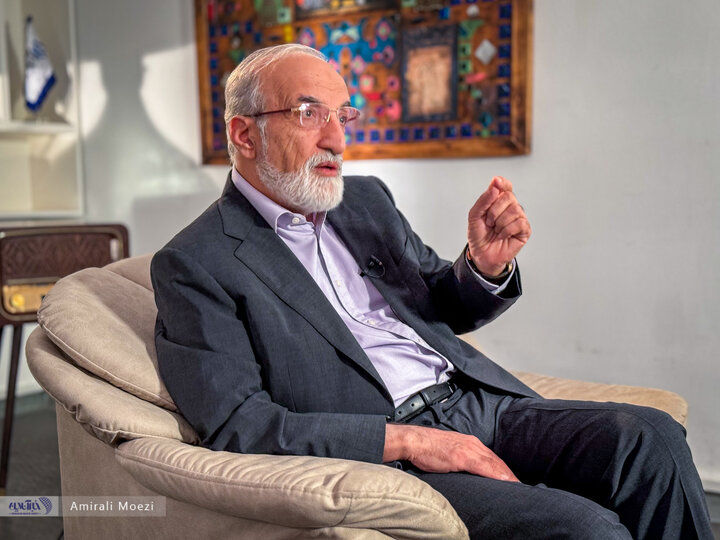
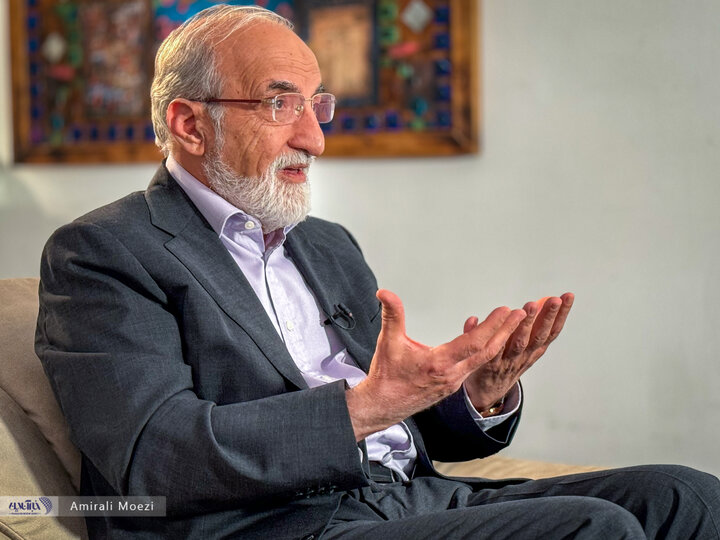
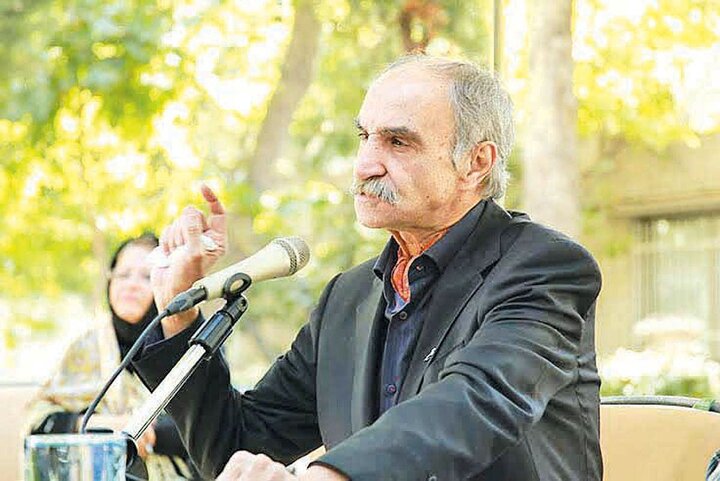
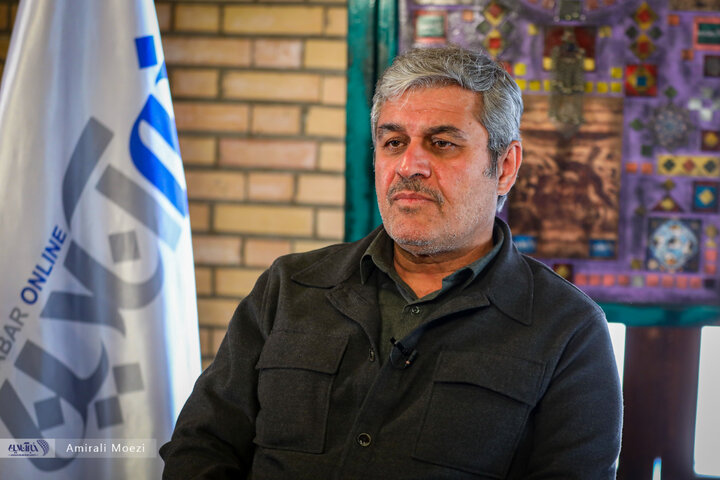
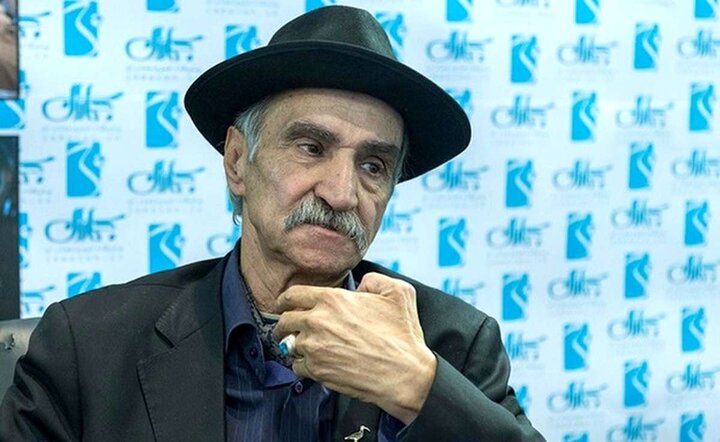






نظر شما